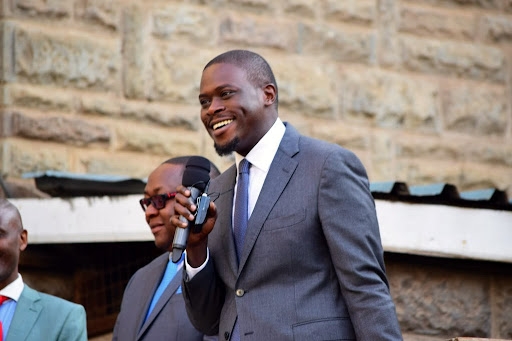Each of the 47 county assemblies is required to consider and vote on the Constitution of Kenya (Amendment) Bill, 2020 - under the President Uhuru Kenyatta and ODM leader Raila Odinga-led Building Bridges Initiative.
The assemblies have 90 days from the date of submission by the Independent Electoral and Boundaries Commission.
If at least half of the county assemblies – that is, 24 of the 47 - endorse the proposal, the Bill is then taken to Parliament for debate and vote.
MCAs are required to debate and vote on the proposal as is. They can’t amend the provisions.
The issue of a referendum question comes once the Bill goes through county assemblies and Parliament.
If endorsed by Parliament – Senate and National Assembly - the electoral commission will then prepare a referendum and pose the referendum question (s). This is solely the IEBC’s work.
The lawmakers have no input in the framing of the question(s). Equally, they cannot amend any of the provisions in the Bill, being one fronted through a popular initiative as provided for in Article 255.
The promoters have indicated that they want one question for the entire Bill. Strategically, I think the promoters may want it (the question) phrased in a particular way. The Independent Electoral and Boundaries Commission poses the question(s) but I think that it will want to hear out the players.
The most important thing to note is that the electoral commission has the final say on the matter, with guidance from the Supreme Court's advisory opinion.
For the political bigwigs, depending on where they stand, the outcome of the vote will show how they affect grassroots politics, hence, county assemblies present a welcome platform.
The outcome of the vote on the BBI Bill will signal whether they have influence over the county assemblies in the regions they purport to command. This will be gauged during this period.
The constitutional lawyer spoke to the Star











